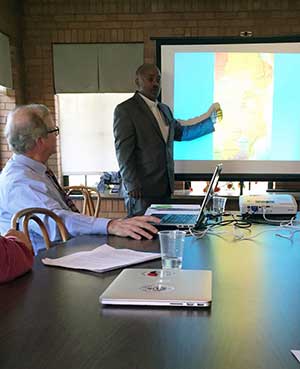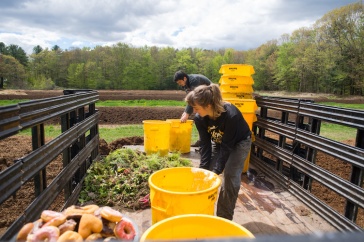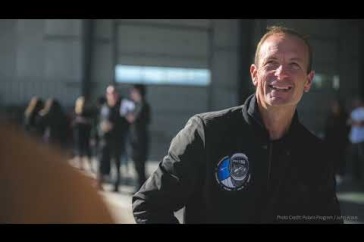Rev. Jean Ngobo Segasinde has experienced firsthand the tragedy of genocide and its aftermath in Rwanda, where he was on the staff of the Rwanda Prison Fellowship Ministries helping perpetrators and survivors of Rwanda’s genocide.
 |
Segasinde shared a documentary on the work toward reconciliation and discussed some of his personal experiences during the Center for International Education program “Conflict, Transformation and Reconciliation in Rwanda, Burundi and the Democratic Republic of Congo” as part of UNH International Education Week 2015.
Describing the work toward “restorative justice,” Segasinde explained, “It’s about forgiveness, peace-building.”
In 1990, a Rwandan Civil War broke out between the Hutu-led government and Tutsi refugees from Uganda who organized as the Rwandan Patriotic Front. A 1993 ceasefire ended after the killings of Hutu and Burundian leaders in 1994, and genocidal kills began soon after. Between April and July of 1994, members of the ethnic majority Hutu killed nearly 1 million Tutsi as those in power spurred ordinary civilians to turn on their neighbors, friends and even members of their own families, Segasinde explained.
The documentary “Living Forgiveness,” which features Segasinde’s work and that of others in the region, included interviews with those on both sides of the genocide — those who joined in the killings, and those who lost family and loved ones or had to go into hiding to survive.
Through conversations, forgiveness and the work of the mission, Segasinde explained, offenders and the victims came together to move beyond the tragedy of the genocide and build trust through dialogue.
Segasinde told the students and faculty who attended his talk that to come to such understanding, however, takes time. “The political concept is different,” he said, and seeks change “very quickly through laws and requirements versus time for forgiveness. At some point, they can’t work together.”
Segasinde, who was in the Great Lakes region of Africa from 1990 to 2012, is now in the U.S. after his work in Rwanda resulted in his own life being put at risk. He has not seen his family in three years.
Also during International Education Week …
 |
“The Global Dude: How a Foreign Language Puts You Ahead in the Game of Life,” one of the events presented during UNH International Education Week 2015, delivered just what its name promised, with a baker’s dozen of students sharing stories and images detailing how foreign language studies have affected not only their educational pursuits but their career paths and long-term goals.
-
Written By:
Jennifer Saunders | Communications and Public Affairs | jennifer.saunders@unh.edu | 603-862-3585
















































